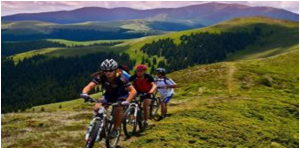
Rising demand for active holidays, adventure sports, and wellness experiences positions France as a top destination for sports tourism growth.
TTT NEWS NETWORK
NEW DELHI | 29 MAY 2025
The France sports tourism industry is on a dynamic growth trajectory, with the market estimated to reach a size of USD 1.6 billion in 2025, and projected to soar to USD 3.5 billion by 2035, representing a strong compound annual growth rate (CAGR) of 8.2% over the forecast period. This remarkable expansion is being fueled by growing consumer interest in health, fitness, and immersive travel experiences.
Booming Demand for Active Holidays and Experiential Travel in France:
The increasing popularity of active holidays in France has become a major catalyst for the burgeoning sports tourism market in Europe. Enthusiasts are increasingly blending vacation with physical activity, whether it’s cycling through Provence, skiing in the French Alps, hiking in the Pyrenees, or participating in marathons in Paris and Lyon. France’s diverse geography, world-class infrastructure, and rich sporting heritage are helping to position the country as a premier destination for sports-centric travel experiences.
Moreover, the post-pandemic surge in outdoor activities and wellness-oriented travel has accelerated the demand for eco-friendly and health-conscious travel alternatives. This aligns perfectly with the goals of France’s national tourism board to promote sustainable tourism while boosting regional economies.
Key Market Trends Shaping the Future of Sports Tourism in France:
• Rising Demand for Adventure and Endurance Sports Experiences: Tourists are increasingly seeking high-energy, immersive experiences such as cycling tours, trail running, hiking, rock climbing, and skiing. Destinations like the French Alps, Pyrenees, and Provence are seeing a surge in bookings tied to outdoor adventure travel.
• Growth in Sports Event Tourism Across Regions: Major international sporting events such as the Paris Olympics, Tour de France, and Rugby World Cup are not only drawing international attention but also boosting regional tourism. Local marathons, triathlons, and community sports festivals are also contributing to sustained tourist activity.
• Integration of Wellness and Fitness in Travel Packages: Sports tourism is evolving to include holistic well-being. Travelers are booking wellness retreats, yoga camps, and spa resorts that incorporate fitness programs. Luxury resorts and boutique hotels are offering health-focused packages in destinations like Biarritz, Chamonix, and Côte d’Azur.
• Sustainable and Eco-Friendly Sports Travel Options: Eco-conscious travelers are opting for low-impact tourism models, including hiking, cycling, and nature-based activities. France is responding with greener infrastructure, protected nature reserves, and low-emission transit options, aligning tourism with environmental goals.
• Digital Transformation and Customization in Travel Planning: Online platforms and mobile apps are enabling travelers to customize their sports vacations, book guided tours, and track fitness goals during travel. Augmented reality, virtual guides, and fitness-tracking tech are enhancing the modern sports tourism experience.
Challenges Faced by the France Sports Tourism Market:
• Seasonal Fluctuations in Tourist Demand: Sports tourism in France is highly seasonal, particularly for winter sports and summer activities. This creates fluctuations in revenue, underutilized infrastructure during off-peak months, and challenges in maintaining year-round employment and service quality.
• Environmental Concerns and Over-Tourism in Fragile Areas: Popular destinations such as the French Alps and coastal regions are facing increased pressure from over-tourism, leading to environmental degradation, pollution, and strain on local ecosystems. Balancing tourism growth with sustainability remains a critical challenge.
• High Cost of Travel and Accommodation: Rising prices for flights, accommodations, and guided sports experiences can deter budget-conscious tourists. France’s reputation as a premium destination also creates accessibility issues for mid-range and domestic travelers interested in sports-related travel.
• Lack of Awareness in Emerging Sports Segments: While traditional activities like skiing and cycling are well-established, emerging segments such as wellness tourism, adventure racing, and team sports camps are still under-promoted. Limited marketing and public awareness hinder the growth of these niche markets.
• Inconsistent Regional Infrastructure Development: Not all regions benefit equally from sports tourism investments. Rural and lesser-known areas often lack adequate transport links, sports facilities, and accommodation options to attract large volumes of visitors, limiting their competitiveness.
Key Segmentation
By Sports Type:
Soccer/ Football, Cricket, Motorsports, Basketball, and Other Sports
By Tourism Type:
Sports Event Tourism, Nostalgia Sports Tourism, Active Sports Tourism, and Passive Sports Tourism
By Demography:
Men, Women, and Kids
By Booking Channel:
Phone Booking, Online Booking, and In-person Booking
By Tourist Type:
Domestic Tourists, and International Tourists
By Tour Type:
Independent Traveler, Tour Group, and Package Traveler

Advertisement:


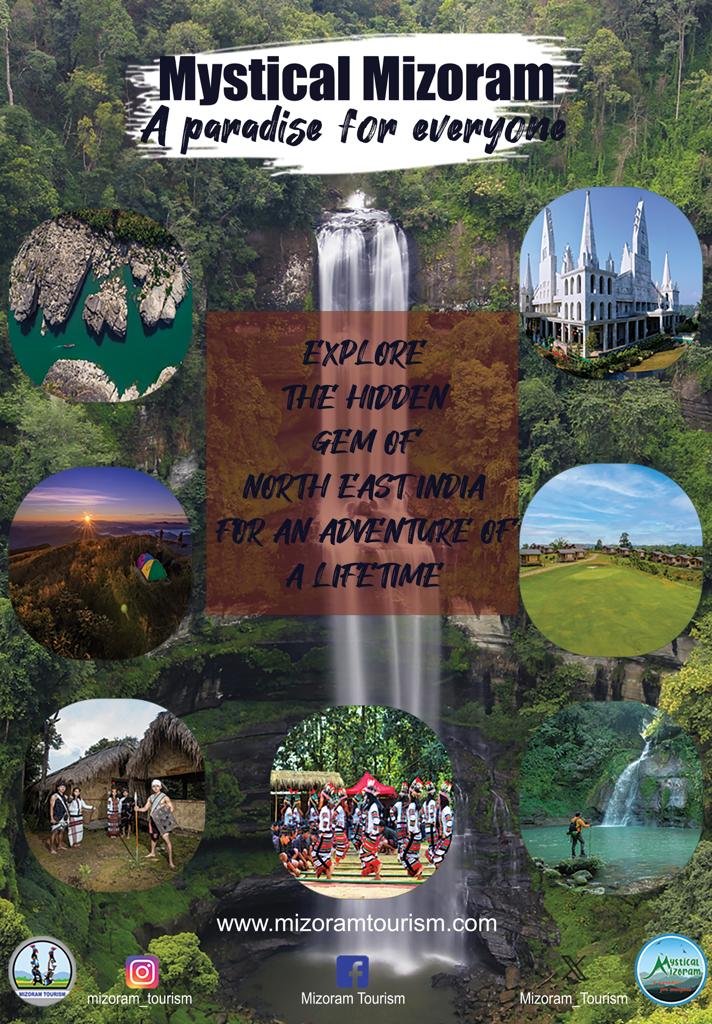






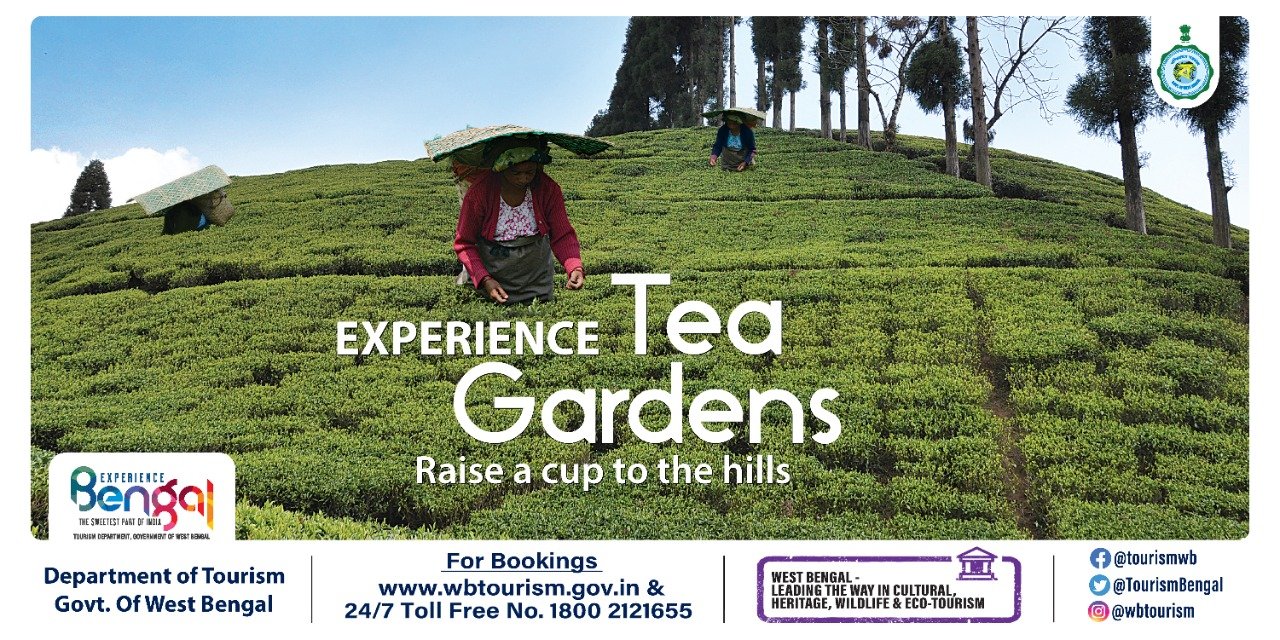











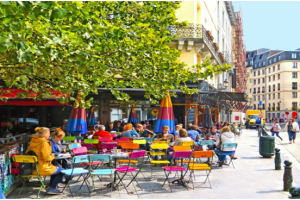
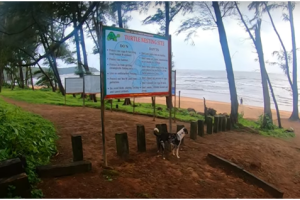







Add Comment